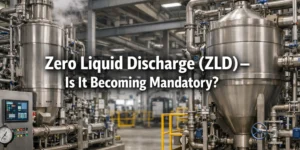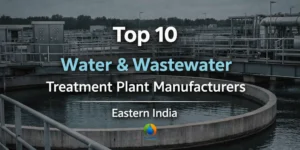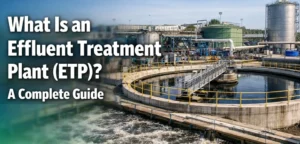How to Achieve Water Recycling in Industrial Facilities
2025-08-13 | by Joydip Manna
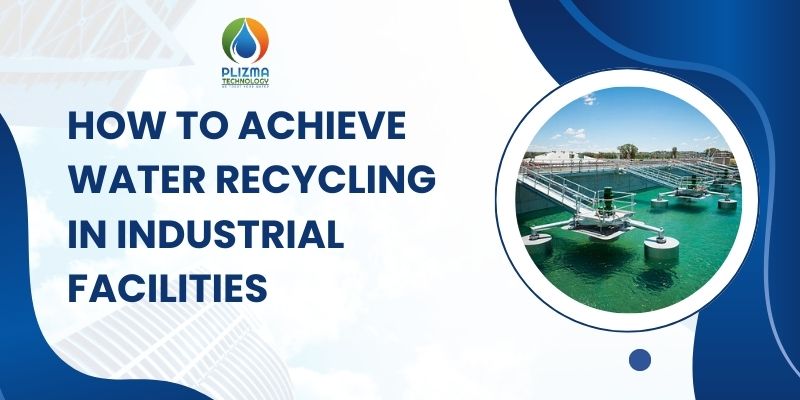
Industrial water recycling saves on the use of freshwater, saves money, and boosts sustainability. Textile, manufacturing, food processing, and power industries conventionally consume massive quantities of water for cleaning, cooling, and other production processes. From the top effluent treatment plant manufacturers, these industries are in a position to treat wastewater efficiently and recycle it to be used in their plants, lowering their environmental impact significantly while fully addressing regulatory requirements.
Water recycling is a viable process involving necessary steps and technologies. It starts with the gathering of wastewater, then filtration, sedimentation, reverse osmosis, and chemical treatment. The recycled water is employed in non-potable uses, i.e., cleaning equipment and cooling. Investment in water treatment forms a closed-loop system that is efficient. In this article, we will introduce you to important points about how you can develop water recycling in industrial premises.
Several Strategies for Water Recycling in Industry Plants
- Water audit
Perform an in-depth analysis of water usage and waste generation within the plant. An analysis such as this should challenge in-depth facts regarding use patterns and scrutinize efficiency at all levels. Also, review the whole life cycle of waste generation to identify where there can be more sustainability and effective action strategies. Discussing each aspect, we try to bring into focus ranges of improvement promoting effective management of resources and care for the environment. With the help of the top effluent treatment plant service provider, you are capable of performing the water audit flawlessly.
- Pre-treatment processes
Apply the filtration and sedimentation methods in a manner which allows it to be able to effectively remove solid material and reduce the workload of more advanced treatment systems. The double approach not only improves water clarity, but also allows high-end purification units to function with increased efficiency and lifespan.
- Closed-loop systems
Develop a closed-loop system wherein the recycled treated water can be used in many production and support processes like cooling and washing processes. Such a solution breakthrough maximizes the use of resources, reduces water usage, and has smaller environmental footprints. Such an usage of a loop can improve operational sustainability with identical quality of water for intended purposes.
- Segregation of wastewater
Segment wastewater according to its different degrees of impurity in order to enable the precise treatment procedure. An organized approach like this ensures that all kinds of sewage get the customized treatment that they need, thus ensuring the maximum level of efficiency in the process of treatment and greatly enhancing the overall quality of water. Optimizing the process of eliminating contaminants through such customized procedures enables us to ensure cleaner water for discharge back into nature.
- Regular maintenance
Work hard to maintain, sustain, and optimally improve treatment systems to provide optimal performance and indestructible reliability in each stage of their operation life. Orient towards a detail-oriented strategy and visionary maintenance plan to provide more functionality and extended service life.
Factory water recycling is not only an environmentally friendly action but also an intelligent economic decision. With the implementation of efficient technologies and water management techniques, industries can be either completely or partially independent when it comes to freshwater provide and make contributions to sustainable development in the long term. Water recycling can be a feasible and constructive option for industries if there is proper planning, investment, and awareness.
RECENT BLOG
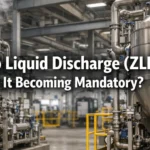
Zero Liquid Discharge (ZLD) – Is It Becoming Mandatory?
2026-02-20
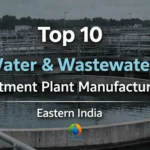
Top 10 Water And Wastewater Treatmant Plant Manufacturer in Eastern India
2026-02-12
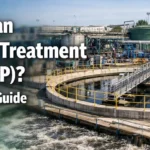
What Is an Effluent Treatment Plant (ETP)? A Complete Guide
2026-02-10
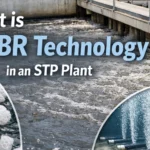
What is MBBR Technology in an Sewage Treatment Plant
2026-01-28



